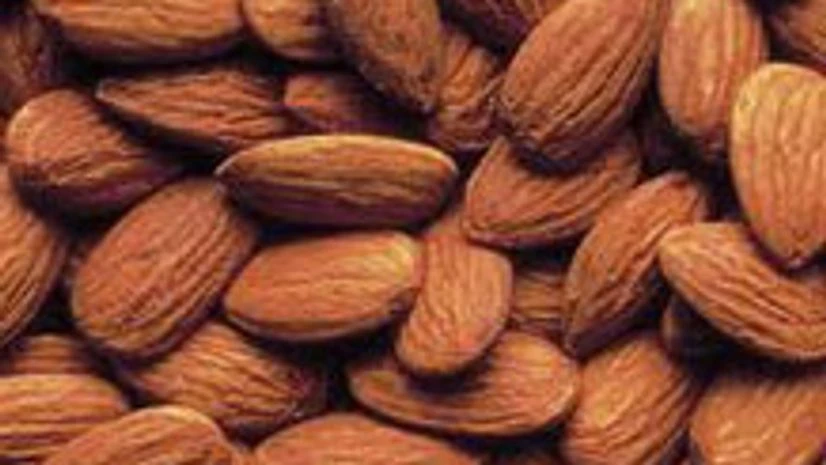Men with prostate cancer may significantly improve their survival chances with a simple change in their diet, a new study has revealed.
The study conducted by UC San Francisco has found that by substituting healthy vegetable fats, such as olive and canola oils, nuts, seeds and avocados, for animal fats and carbohydrates, men with the disease had a markedly lower risk of developing lethal prostate cancer and dying from other causes.
Lead author Erin L. Riolives.jpgchman, ScD, a post-doctoral scholar in the UCSF Department of Epidemiology and Biostatistics, said that consumption of healthy oils and nuts increases plasma antioxidants and reduces insulin and inflammation, which may deter prostate cancer progression.
The new study analyzed intake of saturated, monounsaturated, polyunsaturated and trans fats as well as fats from animal and vegetable sources.
The data were derived from the Health Professionals Follow-up Study, which began in 1986 and is sponsored by the Harvard School of Public Health and is funded by the National Cancer Institute.
Also Read
The fat intake study involved 4,577 men who had been diagnosed with non-metastatic prostate cancer between 1986 and 2010.
The authors uncovered a striking benefit that men, who replaced 10 percent of their total daily calories from carbohydrates with healthy vegetable fats had a 29 percent lower risk of developing lethal prostate cancer and a 26 percent lower risk of dying from all causes.
Adding a single serving of oil-based dressing a day -one tablespoon- was associated with a 29 percent lower risk of lethal prostate cancer and a 13 percent lower risk of death, the authors found.
It was also found that adding one serving of nuts a day -one ounce- was associated with an 18 percent lower risk of lethal prostate cancer and an 11 percent lower risk of death.
The study adjusted for factors such as age, types of medical treatment, body mass index, smoking, exercise and other dietary factors, elevated blood pressure, cholesterol at the time of prostate cancer diagnosis and other health conditions.
The research will be published online in JAMA Internal Medicine.

)
